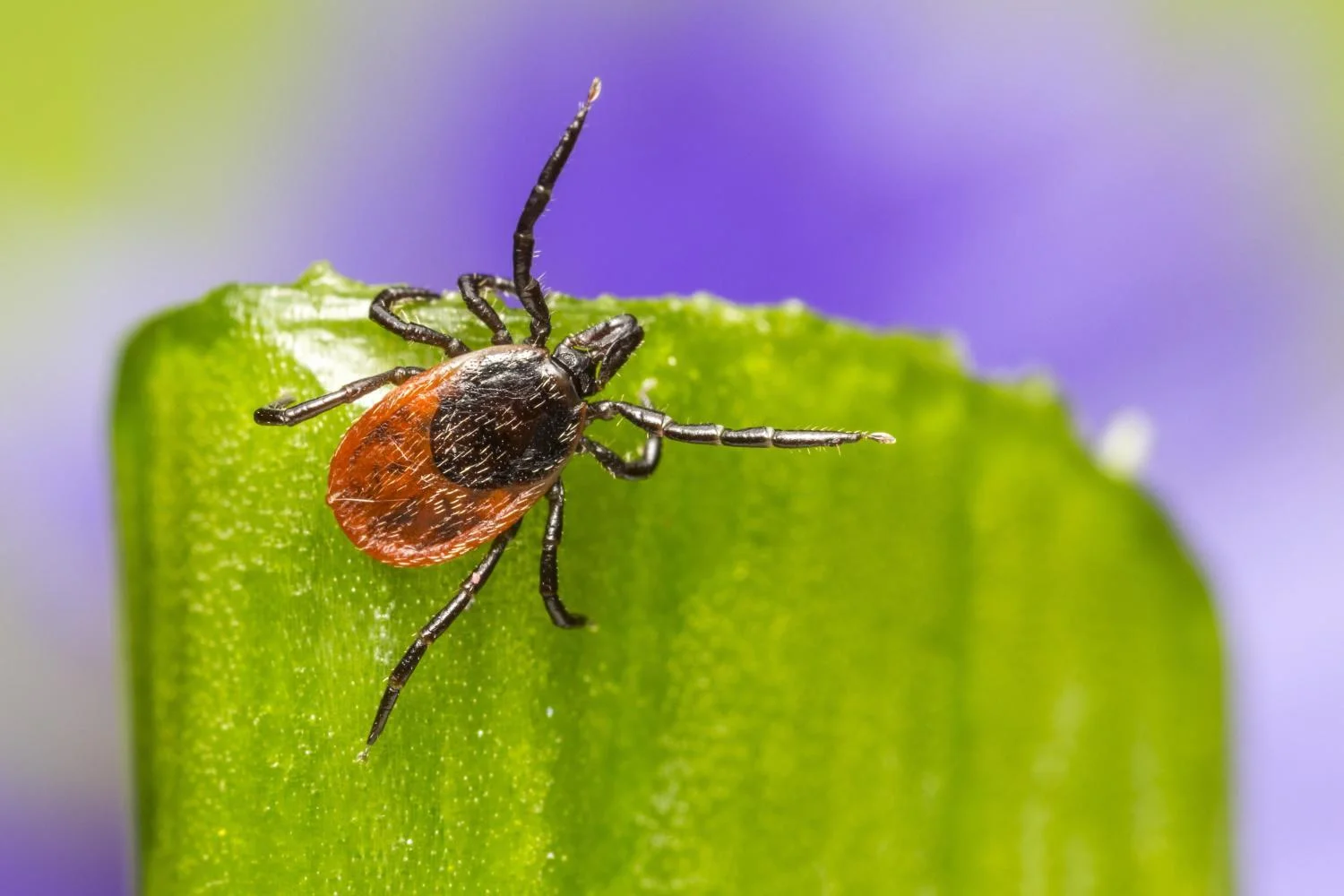"Changes in our behavior, changes in our landscape and changes in our climate create a perform storm of bringing ticks and people together at the same place at the same time."
Larry Dapsis works for the Cape Cod Cooperative Extension as the Deer Tick Project Coordinator and Entomologist and has over 35 years of professional pest management experience. In this role, and as a member of the Barnstable County Task Force on Lyme and other tick-borne diseases, Larry is constantly doing public education on the severity of the problem.
While Larry lacks a crystal ball in which to see the future, he confidently states the incidence of tick-borne diseases is only going in one direction, up.
And it appears climate change is a driving force in this increase.
"It's not just about Lyme disease anymore. We are now dealing with 5 pathogens that will land you in the hospital in a heart beat."
Ticks depend on a moist environment in order to survive as they absorb water through their skin, rather than drink it. In a dry climate, ticks stay hidden under leaves and other forest debris in order to stay in a moist habitat. In a warmer, more humid climate, ticks can be out looking for their next meal for more hours of the day.
This is because warmer air can hold more water molecules and so with warmer weather, there is more moisture in the air, which increases the ambient humidity. And this means our chances of bumping into one of these little fellas goes up.
In addition, as we experience warmer winters, the life span of a tick can increase. This ups the odds that a tick will live long enough to first bite an animal carrying the bacteria that causes these diseases, and then bite a human.
Lone Star Tick Distribution, from 1990 to 2006
"Ticks are here to stay for the long haul. They are so abundant. You can't eradicate them. You aren't going to spray your way out of the problem."
Across the Cape, we are starting to see new ticks that used to only exist in more southern climates, like the Lone Star tick whose bite can trigger a potential fatal allergy to red meat consumption. And there are new tick-borne diseases we need to be concerned about as well, such as Powassan, whose bite has already caused 3 deaths in Massachusetts.
Unfortunately ticks and tick-borne diseases have not received the attention they merit and congress has done little to fix the problem. Larry says we have to solve this problem at the local level as the Center for Disease Control (CDC) is not going to come marching along anytime soon with a broad scale solution for everybody, so we've got to help ourselves.
Remember, if you are out in tick territory, which is many places on the Cape, protect yourself from tick bites. Wear shoes, socks and pants sprayed with a chemical called permethrin. When you come home, check your entire body for ticks. And throw your clothes in the dryer for 20 minutes to kill any ticks that may be on them.
You can learn more about how to protect yourself from Lyme and other tick-borne illnesses by viewing the 10 part video series, in which Larry stars, Tickology.
Is climate change having an impact on your life? We'd love to hear your story. Let us know by sending an email to capecod@350ma.org.




